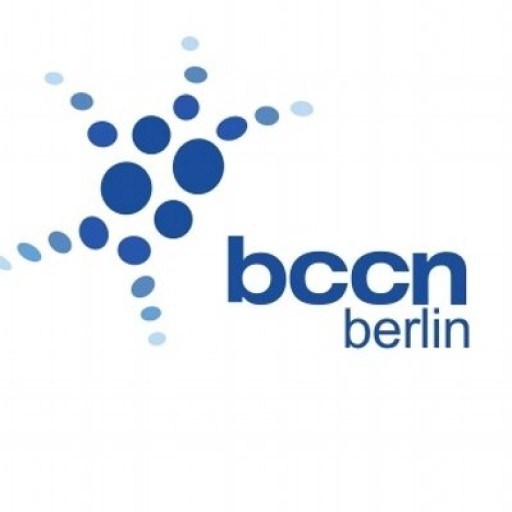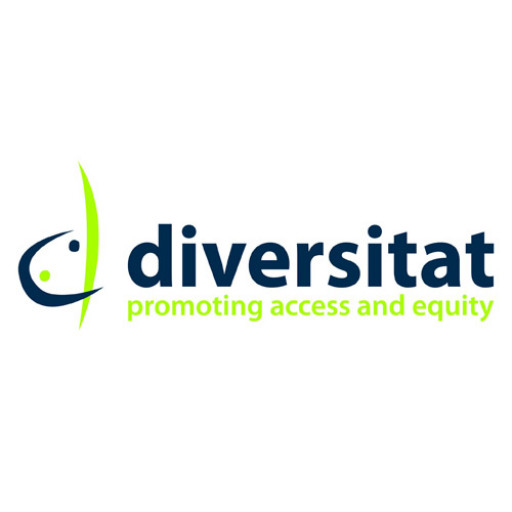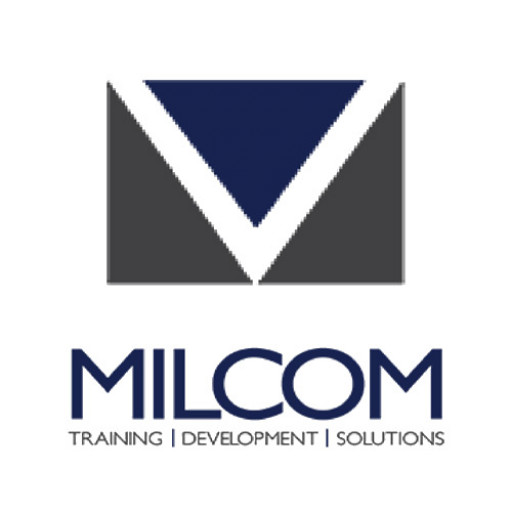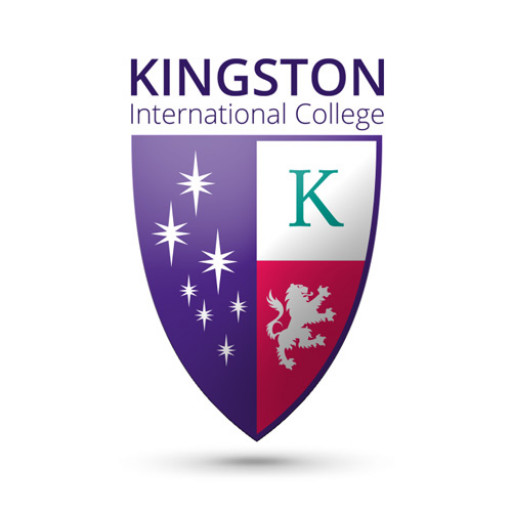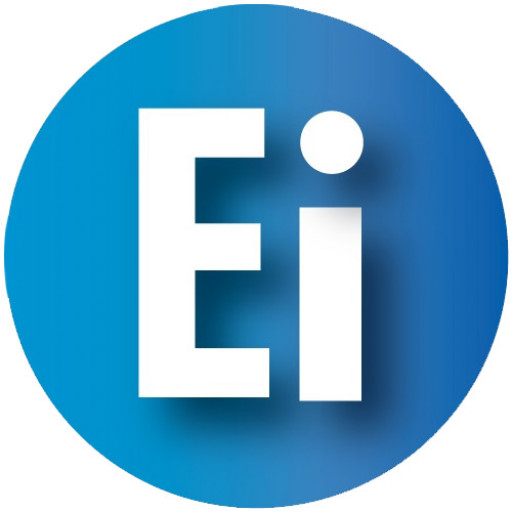Photos of university / #hochschuledarmstadt
The Leadership in the Creative Industries MA Programme is dedicated to innovative media concepts and media formats. Current developments within the media field merge and integrate media at various levels in their narrative forms and aesthetics, their technologies and media platforms, or their use and their experience.
This three-semester programme focuses upon the transmedia project while involving various disciplines, tasks, and media such as user experience and social media, story and game, fiction and documentary, virtual and real spaces, web and mobile applications, installations and immersive interfaces.
The Master's programme Leadership in the Creative Industries aims to develop conceptual competencies and strategic skills. On account of the cooperation with the Cork Institute of Technology, graduates will receive a joint degree if they study for a semester at CIT.
What will be the media of the future? How will media developments transfigure the spheres of entertainment, gaming, learning, or culture? Which visionary concepts elevate media into the future? How will the variety of media platforms as represented within the Internet, television, mobile, social media, and experiences in real and virtual spaces merge and transform together? How are new narrative forms able to develop the forms of play or learning within the fields of film, television, radio, games, or the World Wide Web?
The answers to these questions may begin to crystallise within the three-semester Master's programme Leadership in the Creative Industries. Students will acquire theoretical and practical expertise for experimental and interdisciplinary transmedia work. Media projects are viewed from the perspective of topics of innovation, technology, arts, and the user. The MA Leadership in the Creative Industries aims towards the acquirement of strategic management skills within media and developments.
This course is taught in English.
This three-semester programme focuses upon the transmedia project while involving various disciplines, tasks, and media such as user experience and social media, story and game, fiction and documentary, virtual and real spaces, web and mobile applications, installations and immersive interfaces.
The Master's programme Leadership in the Creative Industries aims to develop conceptual competencies and strategic skills. On account of the cooperation with the Cork Institute of Technology, graduates will receive a joint degree if they study for a semester at CIT.
What will be the media of the future? How will media developments transfigure the spheres of entertainment, gaming, learning, or culture? Which visionary concepts elevate media into the future? How will the variety of media platforms as represented within the Internet, television, mobile, social media, and experiences in real and virtual spaces merge and transform together? How are new narrative forms able to develop the forms of play or learning within the fields of film, television, radio, games, or the World Wide Web?
The answers to these questions may begin to crystallise within the three-semester Master's programme Leadership in the Creative Industries. Students will acquire theoretical and practical expertise for experimental and interdisciplinary transmedia work. Media projects are viewed from the perspective of topics of innovation, technology, arts, and the user. The MA Leadership in the Creative Industries aims towards the acquirement of strategic management skills within media and developments.
This course is taught in English.
Educational organisation
The Leadership in the Creative Industries (LCI) Master's programme consists of three foundation semesters and possibly an internship depending on the student's academic history. Applicants with a seven-semester undergraduate or a graduate degree study three semesters, while candidates with a six-semester Bachelor's degree must complete an internship before the Master's project.Necessary qualifications and skills are provided within the modules of the LCI Master's programme. The course programme is finely balanced with required courses, which include a media project and the programme's elective courses.
The incorporation of work labs and media projects within the areas of design, technology, and management allows for the merging of disciplines in media form in theory and in practice. The application and implementation of theoretical knowledge with practical strategies are strongly supported within this programme.
While the project module of the LCI programme focuses on project management and the conceptualisation and realisation of media concepts and leadership competences, the elective courses (electives) open an opportunity for a more in-depth experience of strategies which may lead towards possibilities of employment, research, or self-employment. The final semester is dedicated to the student's Master's project/thesis.
Study abroad unit(s)
Optional semester at CIT, Cork Institute of Technology, IrelandInternships
Applicants with a 180 ECTS Bachelor's have to do a one-semester internship (total four semesters).Applicants with a 210 ECTS Bachelor's do not have to do an internship (total three semesters).
Forms of assessment
Project, presentation, documentation, homework, oral examsCourse objectives
Graduates of the programme Leadership in the Creative Industries achieve the competencies for future media conception and realisation. They gain interdisciplinary competencies in the area of design, digital technology, media culture and media economy. They focus on intermedia and transmedia formats and products.Graduates of the programme Leadership in the Creative Industries have career options in a wide field of employment. The intermedial studies allow for working at the interfaces of cross medial platforms, formats, and genres (e.g,. web+TV, web+film, web+radio, virtual/real space, live/pre-produced) as well as in interdisciplinary interfaces of engineering/design/management/marketing.
Graduates can world in managerial positions (e.g., art direction, creative direction), in research (e.g., with special own issues), or in self-employment (e.g., agency, consultant). Prospective employers include the international media, gaming and entertainment industry, broadcasters, and also research institutes such as the Fraunhofer institute.
Language requirements
None, but applicants should speak and write fluent English.Academic requirements
Requirement for the Master's degree programme is a qualified undergraduate or graduate degree in the field of digital media. However, candidates from related fields (e.g., media design, media computer science, media management, media studies) have a chance provided they have practical experience in media production.The grade point average should not be lower than 3.0. From a grade point average of 2.0, the applicants are also tested for their suitability.
The following documents are required to be submitted
1. Final certificate of previous studies (alternative interim certificate), a diploma if the diploma was received from another university
2. Detailed curriculum vitae
3. Letter of motivation (personal statement), which establishes a personal interest in this Master's degree programme
4. Portfolio with three to five work samples
5. Exposé of the announced research and development field
6. If available, proof of practical experience (work certificates, letters of recommendation)
Want to improve your English level for admission?
Prepare for the program requirements with English Online by the British Council.
- ✔️ Flexible study schedule
- ✔️ Experienced teachers
- ✔️ Certificate upon completion
📘 Recommended for students with an IELTS level of 6.0 or below.
